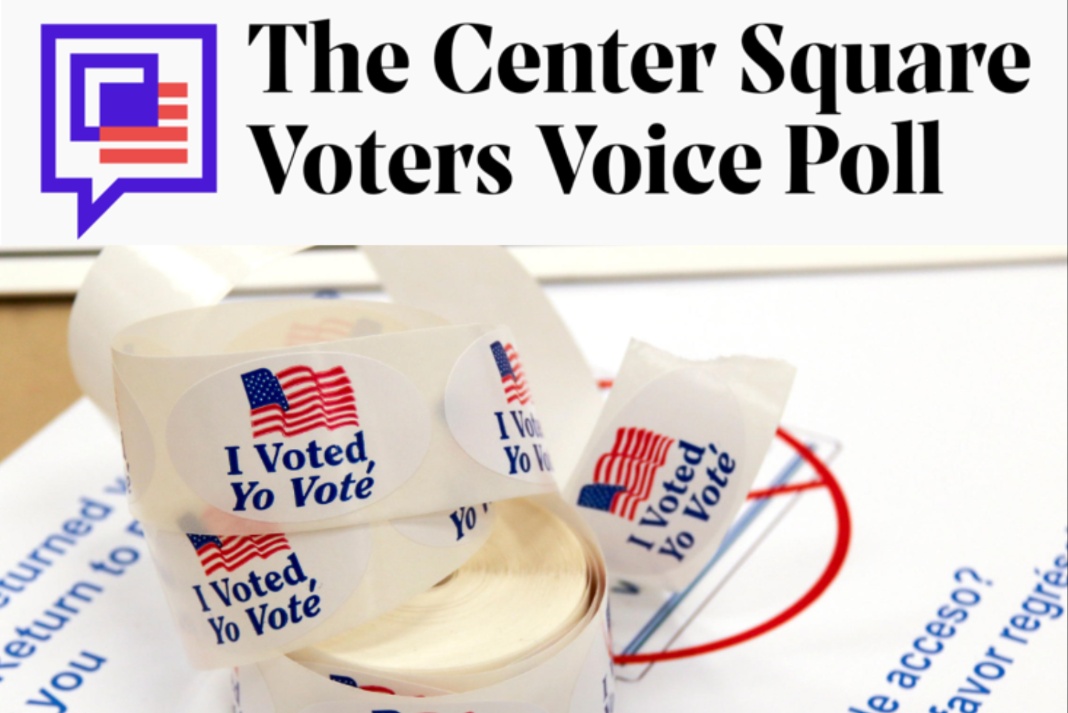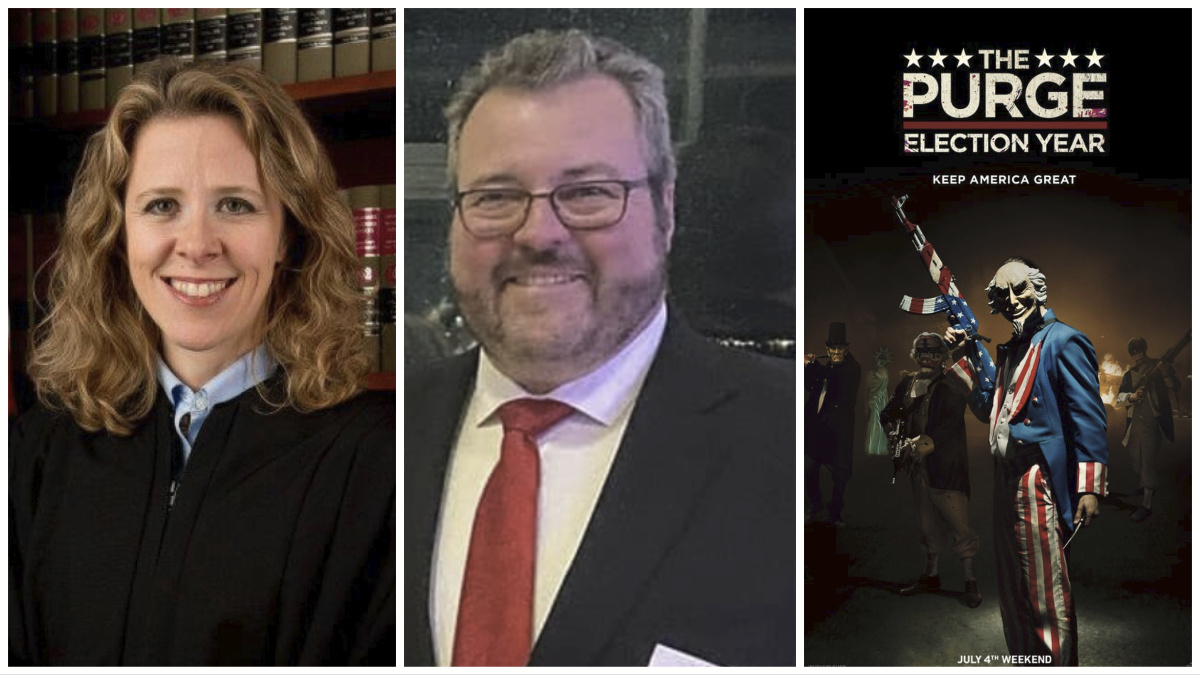The U.S. Department of Education urged colleges and universities to continue pursuing racial diversity on campus despite a recent U.S. Supreme Court decision deeming the previous affirmative action admissions framework illegal.
“The resources issued by the Biden-Harris Administration today will provide college leaders with much-needed clarity on how they can lawfully promote and support diversity, and expand access to educational opportunity for all following the Supreme Court’s disappointing ruling on affirmative action,” U.S. Secretary of Education Miguel Cardona said. “This is only the first step and our Administration will continue to work to ensure we prepare students of all backgrounds and income levels to lead our multiracial democracy together.”
The U.S. Supreme Court ruled in June that the common practice of considering race as a factor in university admissions was illegal.
The court ruled in two separate cases that Harvard and the University of North Carolina at Chapel Hill’s race-based affirmative action admission policies violated the Equal Protection Clause of the 14th Amendment.
Those policies had become common across colleges and universities, and the court’s decision left those institutions grappling with how to approach admissions.
Chief Justice John Roberts wrote in the opinion that it should not “be construed as prohibiting universities from considering an applicant’s discussion of how race affected his or her life, be it through discrimination, inspiration, or otherwise.”
“But, despite the dissent’s assertion to the contrary, universities may not simply establish through application essays or other means the regime we hold unlawful today,” he added.
The Biden administration released new information for institutions in navigating admissions in the wake of this ruling, urging schools to keep race as a focus in admissions.
“Ensuring access to higher education for students from different backgrounds is one of the most powerful tools we have to prepare graduates to lead an increasingly diverse nation and make real our country’s promise of opportunity for all,” Attorney General Merrick B. Garland said. “These resources provide universities with the information they need to determine what lawful tools remain available to them to promote diversity in higher education.”
The “resources” in question advise higher education institutions on how to continue to promote racial diversity in admissions.
“As described in the attached Q&A document, schools can consider the ways that a student’s background, including experiences linked to their race, have shaped their lives and the unique contributions they can make to campus,” the DOE said.
From the DOE document:
For example, a university could consider an applicant’s explanation about what it means to him to be the first Black violinist in his city’s youth orchestra or an applicant’s account of overcoming prejudice when she transferred to a rural high school where she was the only student of South Asian descent. An institution could likewise consider a guidance counselor or other recommender’s description of how an applicant conquered her feelings of isolation as a Latina student at an overwhelmingly white high school to join the debate team. Similarly, an institution could consider an applicant’s discussion of how learning to cook traditional Hmong dishes from her grandmother sparked her passion for food and nurtured her sense of self by connecting her to past generations of her family.
The DOE also advised recruiting students from areas known to include higher levels of minorities.
“For institutions of higher education, this may mean redoubling efforts to recruit and retain talented students from underserved communities, including those with large numbers of students of color,” the DOE document said.
Critics said the Biden administration’s push could be a violation of the court’s decision.
“In Students for Fair Admissions, the Court said that discrimination cannot be done directly or indirectly,” GianCarlo Canaparo, a legal scholar at the Heritage Foundation, told The Center Square. “So, if schools are using ‘identity,’ ‘lived experience,’ or even zip codes as proxies for race, that’s unlawful. The Court allowed schools to consider whether personal experiences, like overcoming discrimination, created personal virtue, but it made clear that schools can’t use such things to discriminate on the sly.”
How the DOE advised schools and what some say of the court’s decision seem to conflict at times, possibly setting up another legal battle to flesh out the details of how or how not race may be considered in admissions.
“In particular, nothing in the SFFA decision prohibits institutions from continuing to seek the admission and graduation of diverse student bodies, including along the lines of race and ethnicity, through means that do not afford individual applicants a preference on the basis of race in admissions decisions,” the DOE said.
Biden has also worked to provide student loan forgiveness despite the Supreme Court decision overturning his broad cancellation of $10,000 per borrower and $20,000 per Pell Grant recipients.
The Department of Education announced in July that $39 billion in federal student loan debt for about 800,000 borrowers will be “discharged,” by changing how monthly payments are counted for those under the Income Driven Repayment plans.
On Tuesday, a court rejected a legal challenge to that effort from conservative groups.
“Biden’s student loan forgiveness disaster is effectively a regressive tax disguised as a progressive policy,” Republican presidential primary candidate Vivek Ramaswamy wrote on Twitter. “Barely over 1/3 Americans get a 4-year degree, yet Biden’s student loan forgiveness plan forces every citizen to pay for anti-American gender-studies majors. It’s a scam.”
Casey Harper
Go to Source
Reposted with permission






















